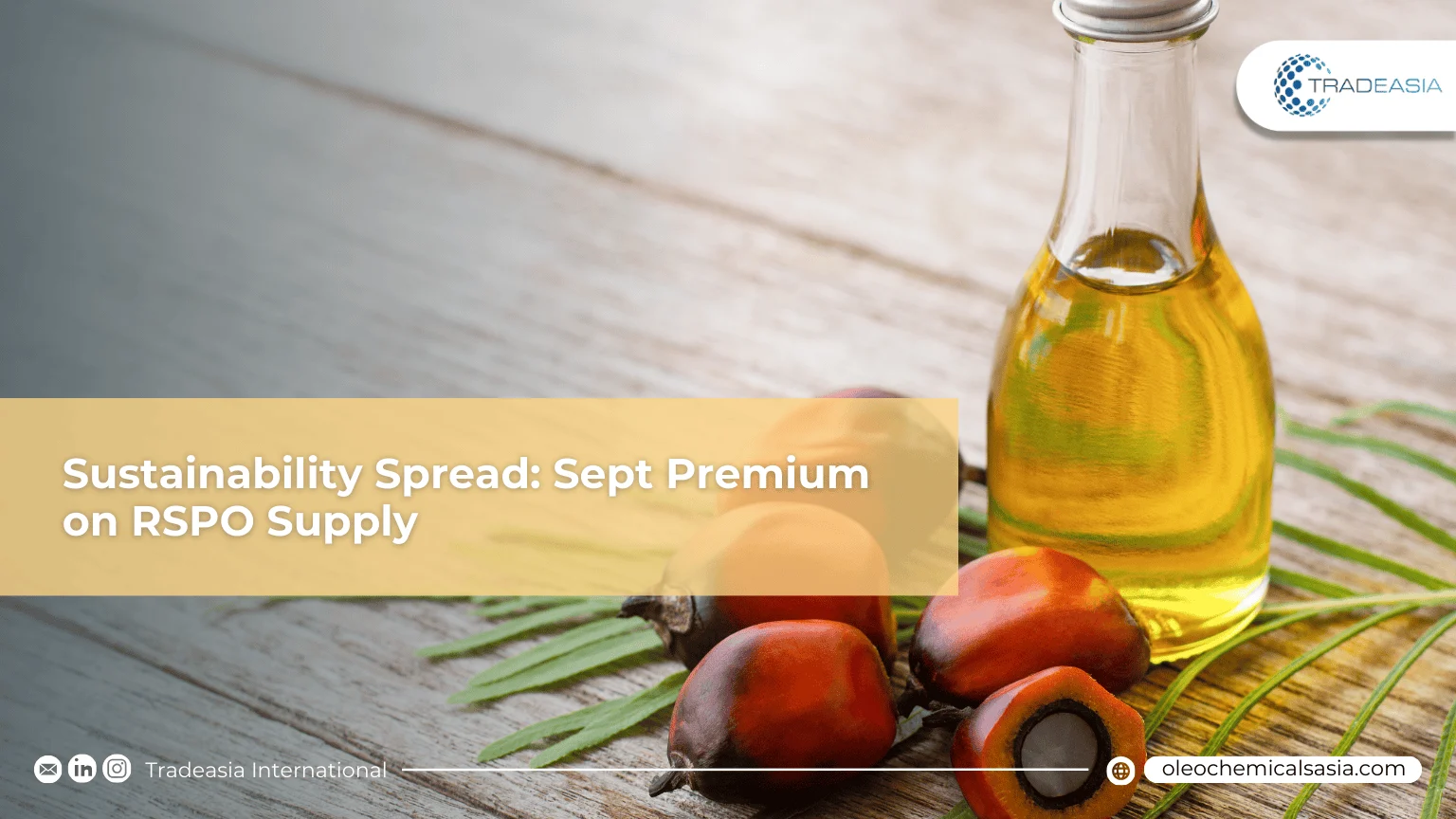The Sustainability Spread: Capturing the September Premium on RSPO-Certified Cetyl Stearyl Alcohol

Table of Content
- Beyond the Buzzword: The Hard Numbers of Sustainable Sourcing
- Unlocking Top-Tier Markets and Maximizing Revenue
In the dynamic oleochemical landscape of September 2025, navigating market shifts is key to maintaining a competitive edge. The demand for foundational ingredients like cetyl stearyl alcohol is surging, driven by a personal care sector poised for 5.8% annual growth. Yet, this is no longer a simple game of supply and demand. A clear and decisive factor has emerged, creating complexity and opportunity in equal measure. For businesses looking to thrive, partnering with a strategic supplier like Tradeasia International, which specializes in navigating the intricacies of the palm and oleochemical markets, has become essential.
Beyond the Buzzword: The Hard Numbers of Sustainable Sourcing
Sustainability has officially graduated from a corporate ideal to a core financial metric. A significant price gap—a "sustainability spread"—now clearly separates conventional cetyl stearyl alcohol from its certified counterpart. This month, market data reveals that RSPO Segregated (SG) grade is trading at a remarkable premium of $150-$220 per metric ton. This represents a price difference of 8-12%, a figure that has more than doubled from just 4% a year ago. According to market analysis, this isn't a fleeting trend but a fundamental market realignment. The choice to embrace certified materials is no longer about image, but about P&L.
Unlocking Top-Tier Markets and Maximizing Revenue
This price premium is the cost of admission to the industry's most lucrative markets. Over 75% of the top 100 global cosmetic brands have committed to using 100% physically certified palm derivatives by the end of 2025, effectively walling off a significant portion of the $4.5 billion fatty alcohol market to non-compliant suppliers. In a market defined by change, we believe that foresight and integrity are the most valuable commodities. For a supplier moving 5,000 metric tons of cetyl stearyl alcohol annually, this access translates into a potential revenue increase of over $750,000. As global players finalize their 2026 contracts, the ability to deliver certified, sustainable products has become the definitive line between growth and obsolescence.
Sources:
-
Oleochemicals Asia: Q3 2025 Market Analysis: Fatty Alcohol Premiums Solidify
-
Euromonitor International: Global Personal Care Ingredients Market Report 2025
-
Roundtable on Sustainable Palm Oil (RSPO): Impacts of Corporate Sourcing Commitments

Leave a Comment